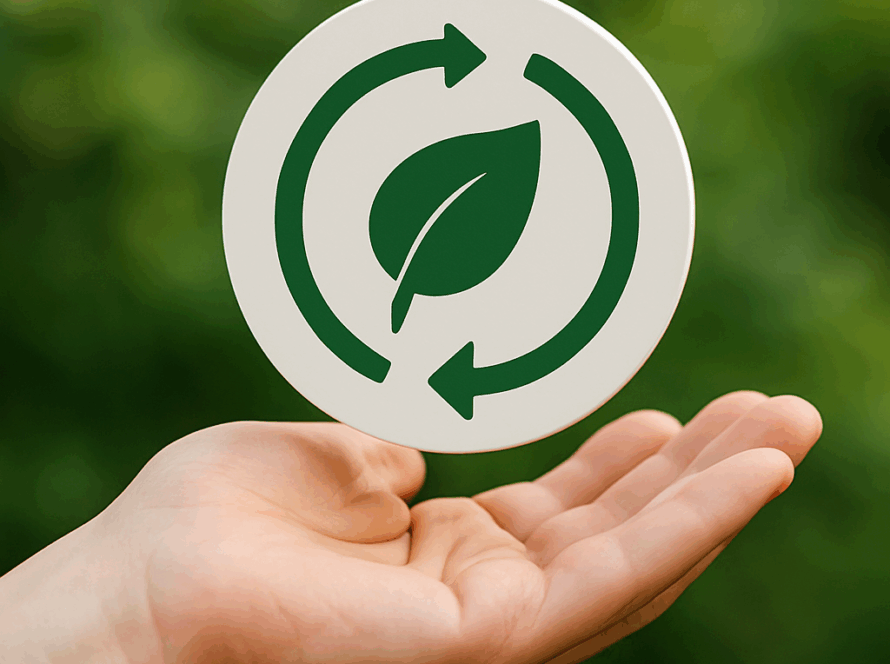On 2nd June 2025 in Plovdiv, academics, entrepreneurs, farmers, and local leaders gathered around a shared vision: how to transform Bulgaria’s agricultural traditions into a springboard for the future. This was the final Bulgarian event under the BIOLOC project, organized by the Agrarian University of Plovdiv (AUP) — and it carried a sense of both achievement and momentum.
A Roadmap for Change
At the heart of the meeting was the adoption of the Strategic Roadmap for a Successful Bioeconomy in the Plovdiv Region. This document wasn’t just a formality. It was the product of months of collaboration within the Regional Bioeconomy Hub – Plovdiv, a network created under BIOLOC to bring universities, businesses, municipalities, and civil society together.
The roadmap looks beyond research papers and policy talk. It pinpoints concrete ways to make the green transition work for people and with people — especially those in vulnerable or marginalized communities across rural municipalities.
Giving New Life to Old Traditions
One of the most vivid discussions centered on Bulgaria’s famous rose oil industry. Every spring, tons of fragrant petals are harvested, but the process leaves behind large amounts of waste biomass. Instead of seeing this as a problem, the Hub sees opportunity: transforming residues into food additives, natural proteins, and biostimulants for crops.
Such value chains, participants agreed, could create new jobs and involve people often left out of the labor market — from rural youth to long-term unemployed workers.
Education and Inclusion Go Hand in Hand
The event also spotlighted the Hub’s efforts in training and capacity building. Online modules and vocational courses are being developed to equip people with “green skills.” Importantly, these programs are designed to be accessible even to those with little formal education, offering practical, hands-on knowledge that can lead directly to employment.
Plans are also underway for a demonstration and processing center in Plovdiv — a place where innovation meets community. Here, new technologies for composting, biomass valorization, and sustainable farming could be showcased while offering training and job opportunities to vulnerable groups.
Beyond BIOLOC
Adopting the roadmap was more than a symbolic milestone. It was a commitment to keep building partnerships — from EU-funded projects to local pilot initiatives. Members discussed upcoming opportunities, from circular solutions for lavender and grape waste to potential collaborations under Horizon Europe.
For the Plovdiv Hub, BIOLOC is not the end but the foundation of something lasting: a regional platform where science, tradition, and social innovation grow together.
A Regional Model with Global Relevance
As the session drew to a close, one participant summed up the spirit of the day: “The bioeconomy is not just about technology. It’s about people. If we bring everyone along, from farmers to students to vulnerable groups, then it will truly work.”
With its roadmap in hand and its network strengthened, the Plovdiv Hub is showing how Bulgaria’s centuries-old agricultural heritage can fuel a new era of sustainability, inclusion, and resilience.




